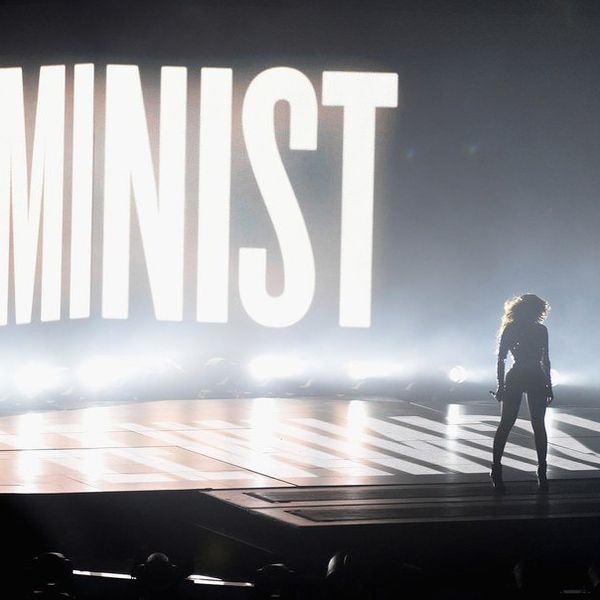What is a feminist?
For years, I've grappled with this question. What does the word mean? Can I call myself a feminist? Will I offend people? These thoughts dominated my mind whenever this topic came up in years past. And I like to think that I am not the only person who feels this way. Our society has constructed a stereotypical definition to associate with the word; thus, if you would have asked me a few years ago whether or not I considered myself to be one, I would have answered "no" without hesitation. However, my sister recently introduced me to an incredibly inspirational woman named Chimamanda Ngozi Adichie.
Adichie is a prominent Nigerian author, speaker, and activist. She is also very well known for her famous TED talk, titled "We Should All Be Feminists." My sister suggested that I watch this video, hoping that it would help me with my whole feminism dilemma. And boy, did it ever.
In her talk, Adichie talks about how many people today have a misconstrued idea of what it means to be a feminist. The common (and incorrect) theme is that a feminist is someone who supports women's rights, but only in a radical and extreme way. UN Women Goodwill Ambassador Emma Watson (and Harry Potter actress) perfectly describes this problem. She says, "The more I have spoken about feminism, the more I have realized that fighting for women's rights has too often become synonymous with man-hating. If there is one thing I know for certain, it is that this has to stop."
One hundred points to Gryffindor.
Feminism is not shaming men for treating women wrongly. Feminism is not ordering men to stop being chivalrous. Feminism is not telling men or women what they should or should not be. Instead, according to Adichie, it is "believing in the social, political, economic equality of the sexes." This definition couldn't be more accurate.
So why is this definition not the norm? Why do so many people associate feminism with man-hating, rather than associating it with equality between the sexes? I believe that the solution lies in changing the way we look at gender. There are numerous traits that we associate with either masculinity or femininity; we have these associations because of how deeply engrained they are in our history. Until more recent decades, women were seen as the weaker sex simply because they lack the physical strength that men generally have. But this is not the 1800's. Today, the person more likely to lead is not the physically stronger person. Rather, it is the more intelligent, creative, and innovated person. Because there are no hormones for these traits, both men and women are equally likely to have those qualities. Adichie says it best when she says that "the problem with gender is that it prescribes how we should be, rather than recognizing how we are."
The goal of feminism is not to belittle, scorn or hate. It is to acknowledge and celebrate. If a young woman can't wait to be married and start a family to be a stay-at-home mom, that's wonderful. If another young woman has no desire to marry and wants to be a CEO, that's wonderful too. It's the same situation with men. A man who spends his free time reading fashion magazines and designing clothes deserves the same respect as a man who would rather be maxing out on the bench press at the gym. We are all human beings, after all.
Below I have shared the link to Adichie's video. If you still have any hesitancies about calling yourself a feminist, I highly suggest you watch it. More of us need to reclaim the word, and discuss with others what it actually means. Hopefully after reading this and watching the video, you too will be able to call yourself a feminist.





















